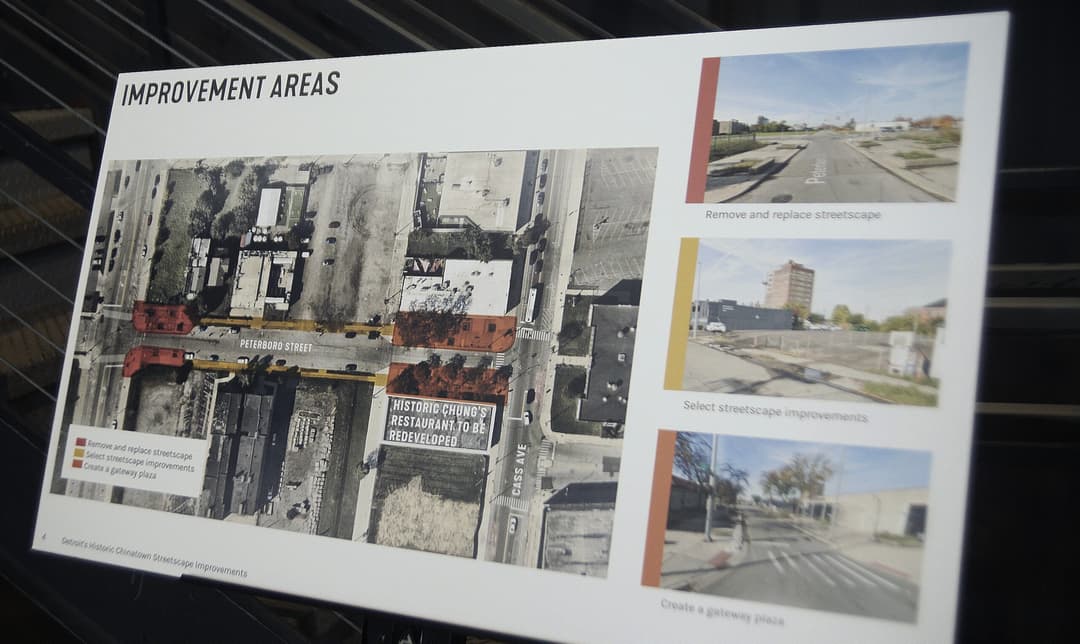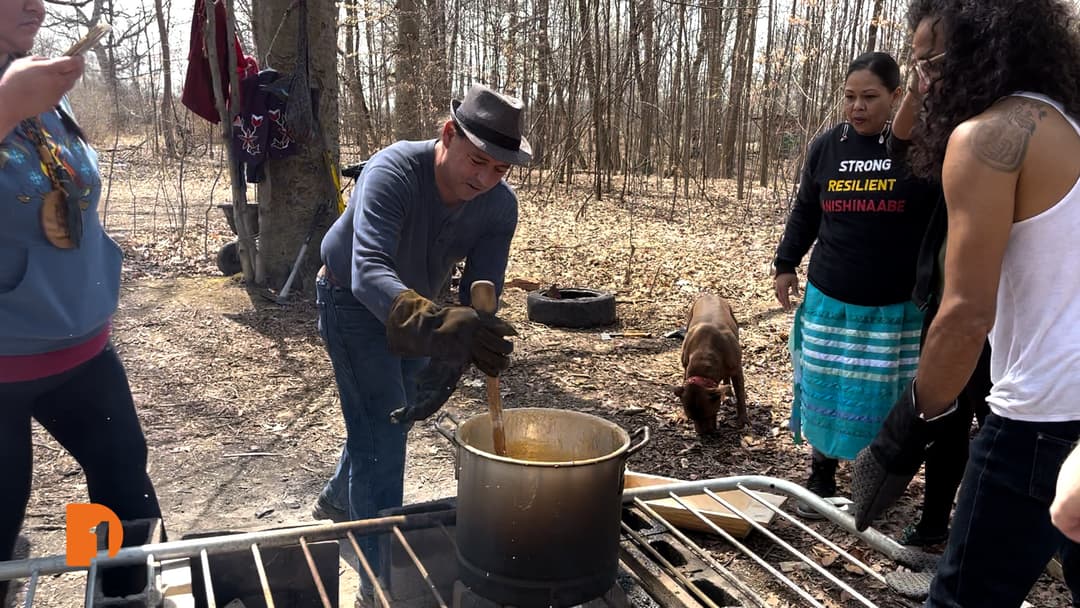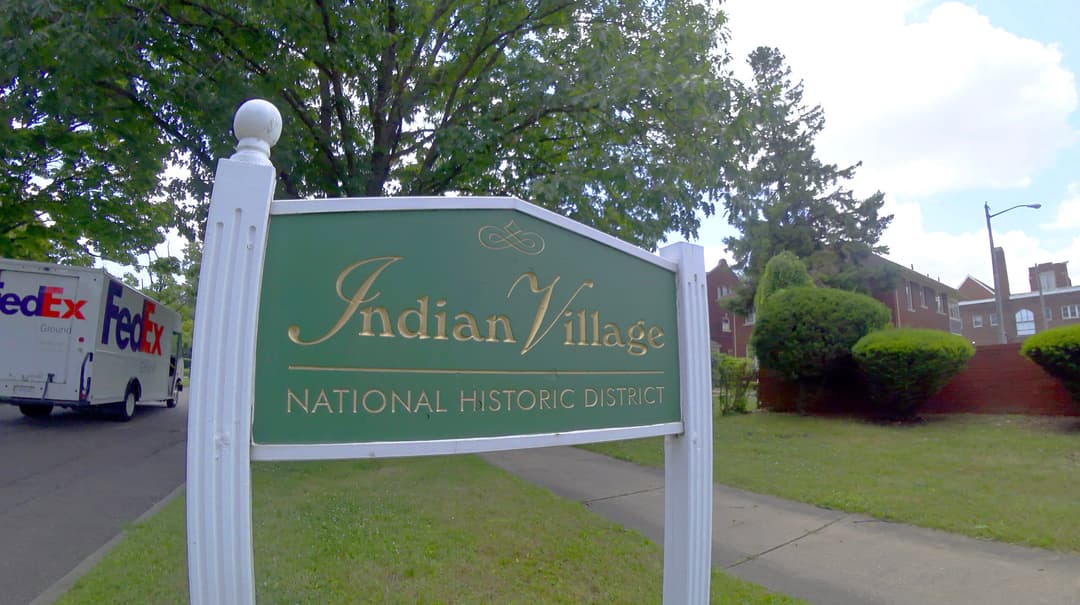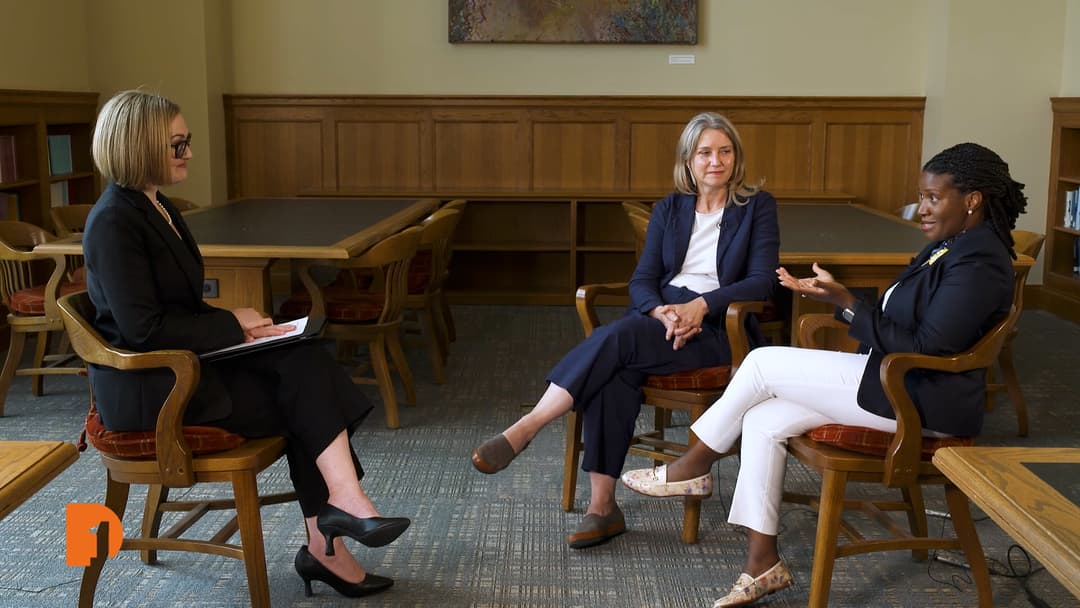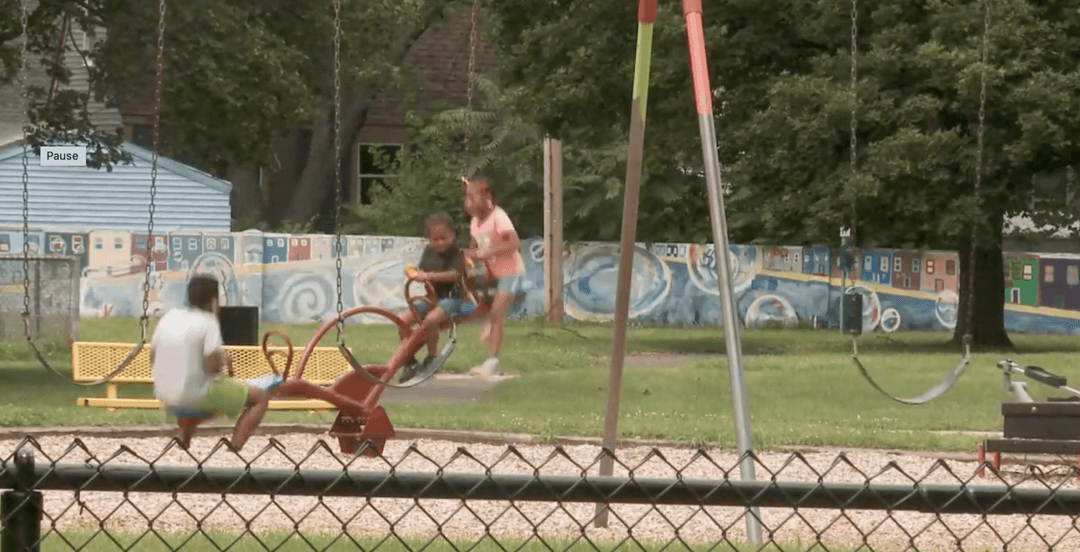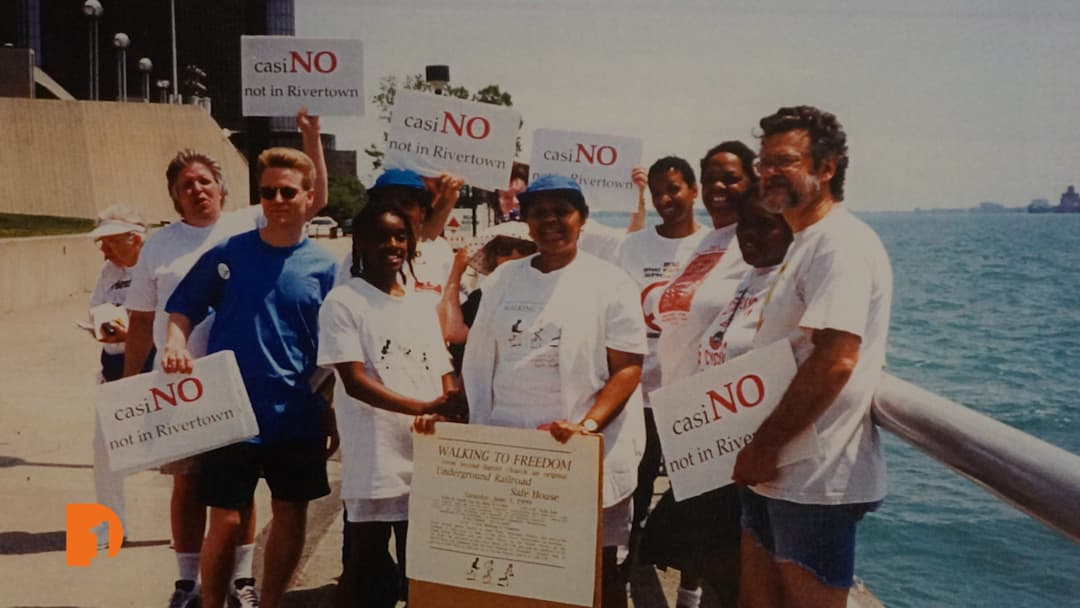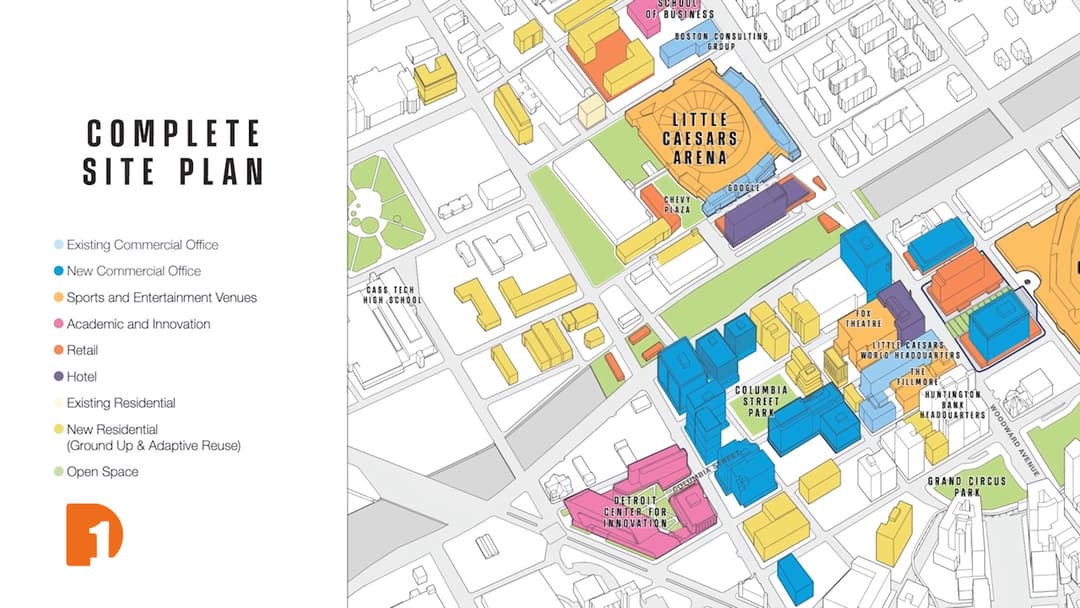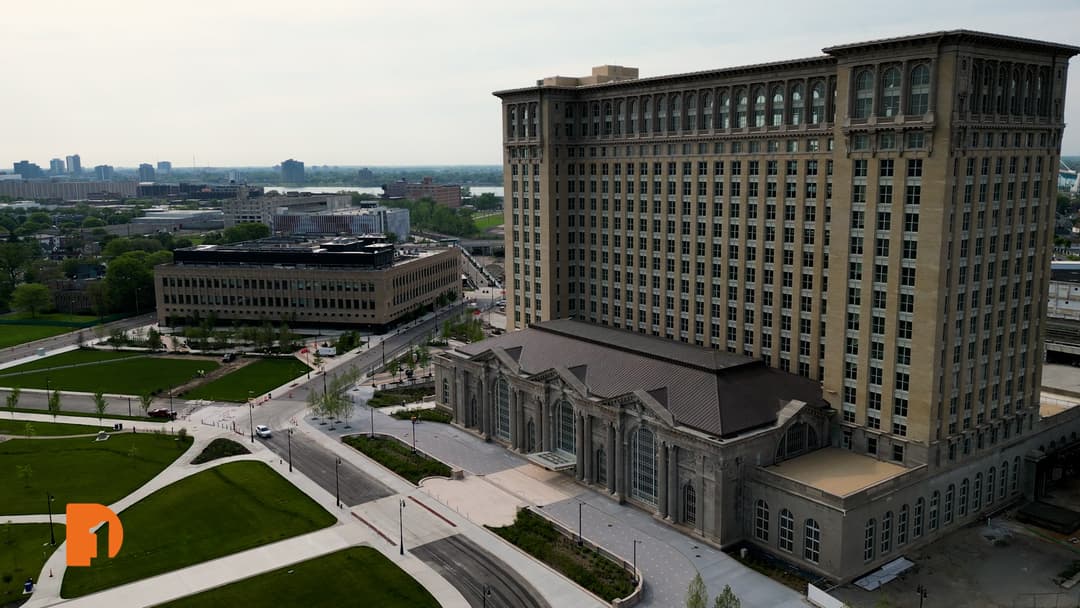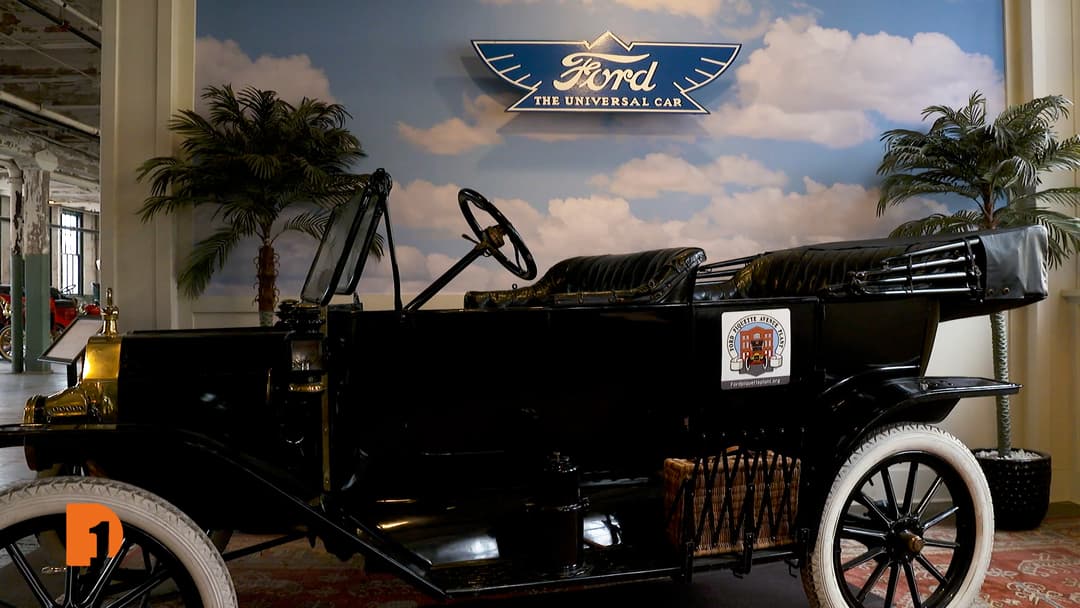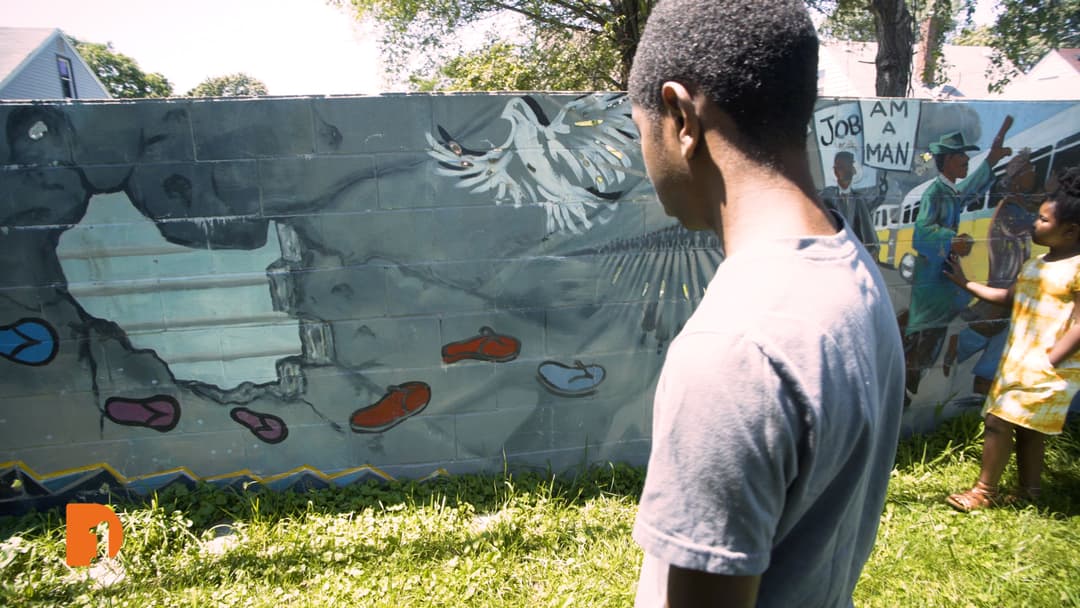Residents of Detroit’s Indian Village preserve historic neighborhood for next generation of homeowners
Aug 15, 2024
Indian Village, a neighborhood on Detroit’s east side bordered to the south by the Detroit River, has a storied past. The neighborhood is just three mansion-lined streets wide, but they’re a mile long, stretching north to Mack Avenue.
At the turn of the last century, Indian Village was the place some of Detroit’s business leaders made their homes as the city began to grow into an industrial powerhouse. Families including the Fords of Ford Motor Company and Scripps of the Detroit News owned homes here. Visitors to the neighborhood will likely find a lot of maintenance and repair work underway for the uniquely designed houses. In recent years, property values have surged.

Mark Reynolds moved to the neighborhood in 1997. He’s with the Indian Village Association that works to preserve it. His home has a unique roof made of thatch which is costly to repair. As for all the homes here, “They take a lot of work,” Reynolds said. There are no tract homes in Indian Village. Each home in Indian Village comes with its own design.
Prominent architects designed houses there, including Albert Kahn, known as “the father of modern factory design” and Louis Kamper, who planned the Book Cadillac Hotel in downtown Detroit. The 352 homes in Indian Village have collectively been designated a national historic district.
“We don’t own these homes, they own us,” said Judge Deborah Lewis Langston, an Indian Village homeowner who has served on Detroit’s 36th District Court. In recent years, she’s seen property values rise like never before. Now some of them are being sold in the million-dollar range. “We’re just maintaining them for the next generation, maintaining our heritage here in Detroit,” Langston said.
One Detroit’s Bill Kubota toured the neighborhood and discussed the history of the national historic district with residents.
Stay Connected:
Subscribe to One Detroit’s YouTube Channel and don’t miss One Detroit on Thursdays at 7:30 p.m. and Sundays at 9 a.m. on Detroit PBS, WTVS-Channel 56.
Catch the daily conversations on our website, Facebook, Twitter @OneDetroit_PBS, and Instagram @One.Detroit
View Past Episodes >
Watch One Detroit Thursdays at 7:30 p.m. ET on Detroit PBS, WTVS-Channel 56.
Stay Connected
Subscribe to One Detroit’s YouTube Channel and don’t miss One Detroit on Thursdays at 7:30 p.m. and Sundays at 9 a.m. on Detroit PBS, WTVS-Channel 56.
Catch the daily conversations on our website, Facebook, Twitter @OneDetroit_PBS, and Instagram @One.Detroit
Related Posts
Leave a Reply
Your email address will not be published. Required fields are marked*

